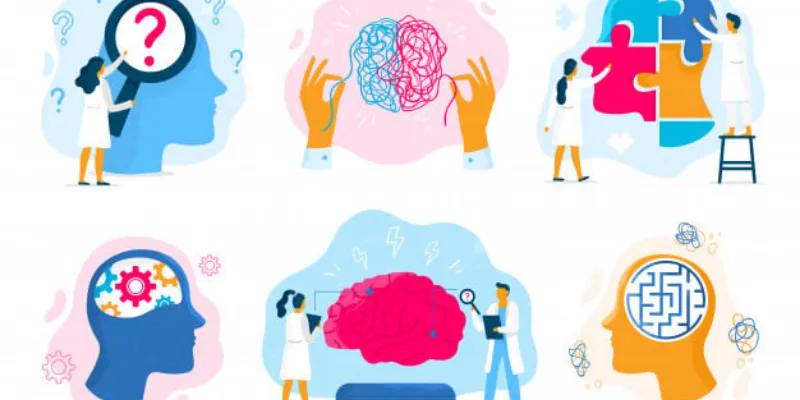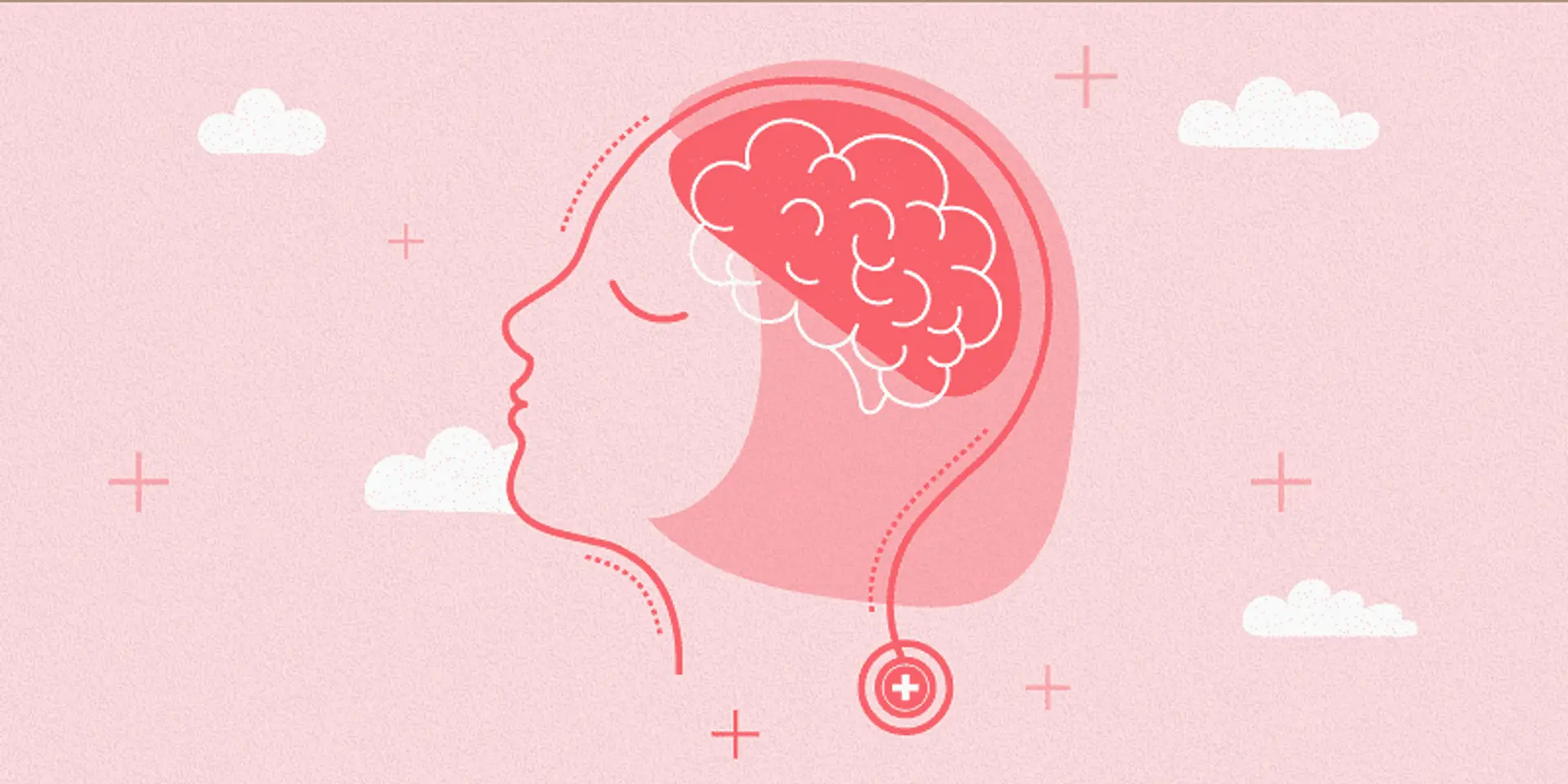How to recover from the long-term mental health impact of COVID-19
Psychiatrist Dr Sapna Bangar, Head: Mpower - The Centre, Mumbai, explains how we can cope with the pressures of the pandemic
The sudden unexpected rise in the number of COVID-19 cases has created havoc all across the nation. While stress and anxiety are at an all-time high amid lockdowns and shortage of medical facilities, these challenges have naturally taken a toll on the mental health of people and their family members.

The COVID-19 pandemic has resulted in a rise in the number of people suffering from mental health issues.
This second wave has been severe not just because of the sheer number of cases, but also because of the burst in cases, just when everything seemed to be returning to normal. In situations like these, a sense of helplessness and growing stress and anxiety is not unusual. So what should one do?
Here are some key insights into how one can recover or deal with the long-term mental health impact of COVID-19.
Don’t be aloof, Stay connected
Maintaining social or physical distance need not mean emotional isolation. Always be in touch with your loved ones, family, and friends. Call up your friend, drop them a message to just check if they are doing okay, have a video call or catch up with your family or check in with someone on social media. Seeking support from others always helps us realise that we may not be alone.
Take a short break from social media if need be
While social media is a great means of staying connected and spreading positivity, there is also a dark side to the Internet. Staying away from excessive negative news coverage or social media might help you.
Get into a daily routine
Having a structured routine, when everything around us seems uncertain, definitely makes us feel in control. It will always help you to plan out your time in advance and know what you are doing each day, so you have something to look forward to.
Foster wellness
Eat, sleep, and exercise regularly. Practicing yoga, meditation, or mindfulness will help you reduce stress levels. Spending ‘me time’ even for 10 minutes a day doing something you enjoy or revisiting an old hobby will definitely make you feel better.
Be grateful
Maintaining a gratitude journal will always help you to remember that sometimes the things that we take for granted are the most important things to be thankful for! Practice learning the art of being thankful for what you have.
Seek professional help
Timely professional help is very crucial in building resilience. Hence, please seek professional or clinical help whenever you feel difficult to move on/ making progress.
(Disclaimer: The views and opinions expressed in this article are those of the author and do not necessarily reflect the views of YourStory.)
Edited by Diya Koshy George






